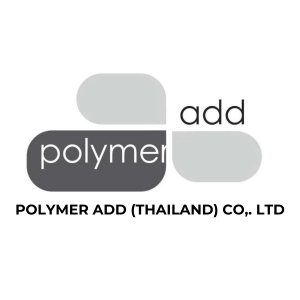The compatibility of additives with a polymer matrix is a critical consideration in designing composite materials. Compatibility refers to the ability of the additive to disperse uniformly within the polymer matrix without causing phase separation or other undesirable effects. Here are some key points regarding compatibility:
Chemical Affinity
Additives that have a similar chemical structure or functional groups to the polymer matrix are more likely to exhibit good compatibility. This is because they can interact favourably with the polymer chains, leading to enhanced dispersion and stability within the matrix.
Solubility Parameters
Matching the solubility parameters of the additive and the polymer can improve compatibility. The solubility parameter is a measure of the cohesive energy density of a material, and additives with similar solubility parameters are more likely to dissolve or disperse evenly in the polymer matrix.
Physical Properties
Additives should not significantly alter the physical properties of the polymer matrix, such as mechanical strength, flexibility, or thermal stability. Ideally, the additive should enhance or complement these properties without compromising the overall performance of the composite material.
Processing Compatibility
The additive should be compatible with the processing methods used to fabricate the composite material. For example, if the polymer matrix is processed using melt extrusion or injection moulding, the additive should be stable at the processing temperatures and not degrade or undergo undesirable reactions during processing.
Phase Compatibility
Additives should not induce phase separation or create regions of incompatibility within the polymer matrix. Phase separation can lead to poor mechanical properties, reduced optical clarity, or other performance issues in the composite material.
Functional Compatibility
If the additive serves a specific function, such as improving UV resistance, flame retardancy, or conductivity, it should not interfere with other desired properties of the polymer matrix. Compatibility ensures that the additive effectively contributes to the overall performance of the composite material.
Overall, ensuring compatibility between additives and the polymer matrix is essential for developing composite materials with the desired properties and performance characteristics for specific applications. Compatibility considerations should be addressed during the material design and formulation stages to optimize the performance and stability of the composite material.
